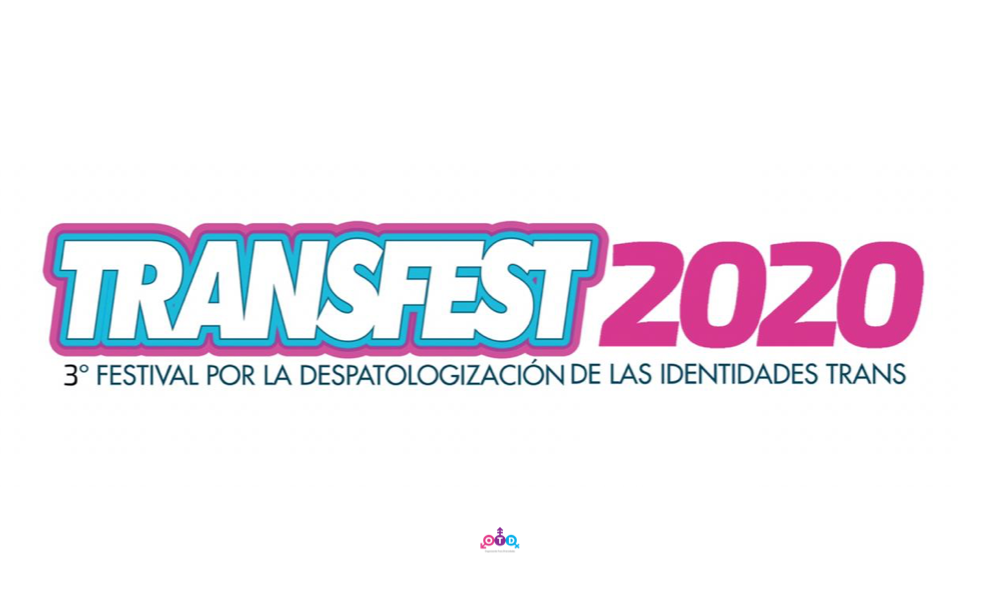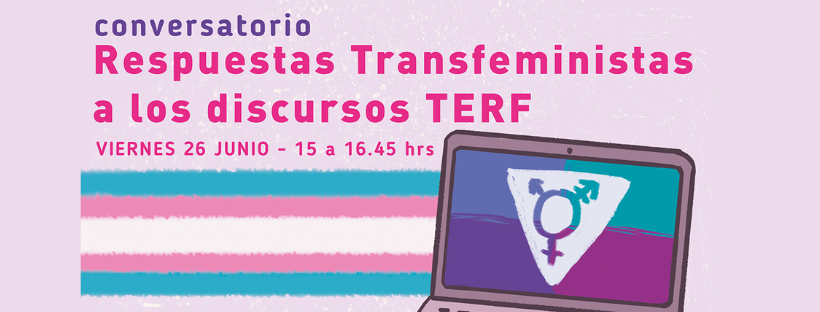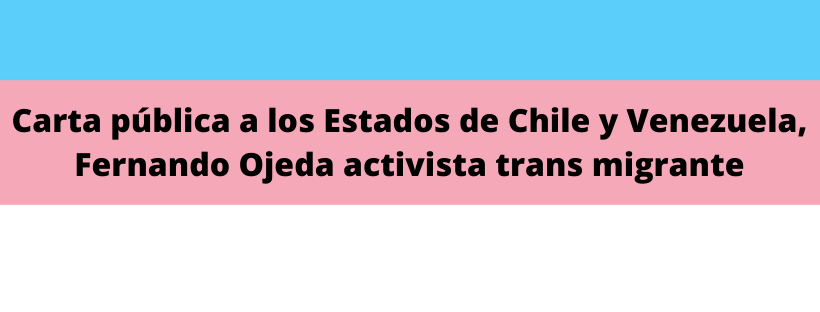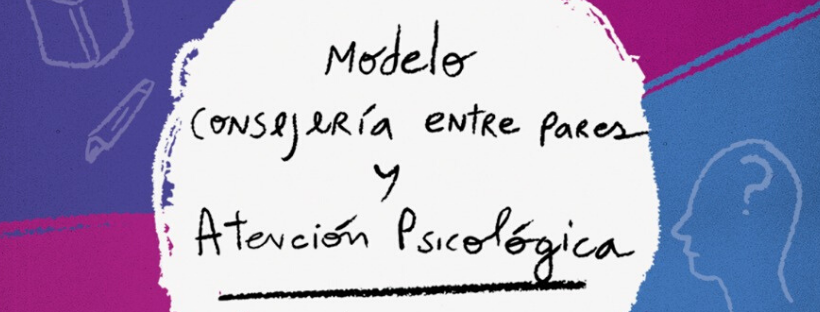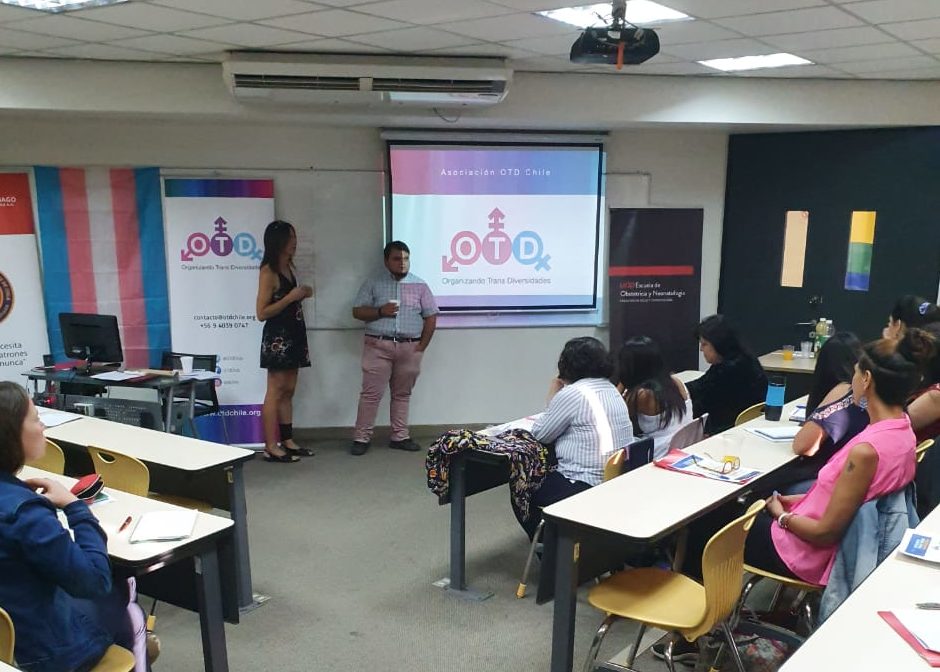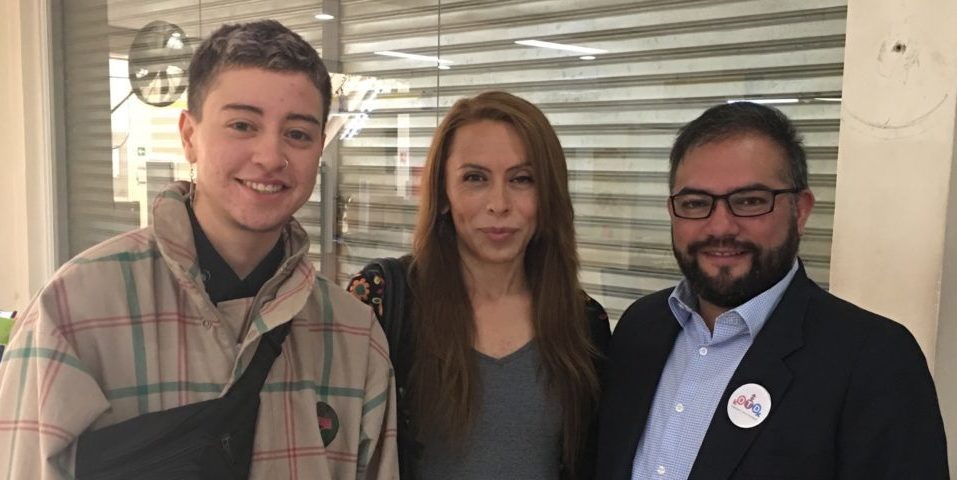Health
Access to health care is not specifically guaranteed for trans people in any law. The regulations that exist in this regard correspond to administrative documents issued by the Ministry of Health and some specific Health Services. The health services are the representatives of the Ministry in the different communes of the country. There is a document called clinical attention of exclusively clinical topics (specifies the type of surgeries, hormones, exams, diagnoses, etc.) and two ordinary circulars on how to register the social name of transgender people and what spaces divided by gender they can use.
The clinical pathway is pathologizing, requires a psychiatric diagnosis and a real-life test. The circulars for the registration of the social name are little known so they do not usually apply and transgender people often do not claim when they do not apply. Gender registration is binary because health benefits for transgender people, which are made through gender identity programs, are recorded as having been given to cisgender people. In the rest of the health benefits there is no evidence that they were given to transgender people. Except in the case of testing for HIV and other STIs where health personnel have three boxes to identify the person: male, female, transgender.
There are eight Health Services in the country that have their own care protocols for transgender people. Of these eight, four are gender identity programs. Of these four, three have all the surgical benefits.
No service has secured funding for transgender care. Those who cover services must allocate their own resources, which clearly makes it difficult for most services to provide services.
There is also a medical culture that often rejects the care of transgender people on the grounds that they are unaware of the cases. They say, “I can’t take care of you because I don’t know how to take care of a trans person.” Most caregivers require a psychiatric certificate of gender dysphoria in exchange for care.
Education
This year witnessed the first case of a trans underage girl, who has not rectified her name and legal sex, who was able to enter a girls’ public school. At first the authority denied him registration on the grounds that it was illegal to allow a male person to attend a school for female persons. However, after pressure from the media and organizations, the girl was accepted and a legal void was uncovered. The only Government document to regulate the issue of the right to education in the case of transgender students is Ministry of Education Circular No. 0768.
By 2018, there had been 18 complaints of discrimination against trans persons in the last three years.
At OTD Chile, we have conducted research on the country’s universities to find out how many have access facilities for trans people, regarding allowing them to use their social name. Here is the list.
Civil Registry
Until the Identity Act comes into force, the work of the Civil Registry is limited only to sending reports on the registration situation of trans persons who apply through the courts for a change of name and sex. The Directorate of Civil Registry must send a simple report to the court in charge of the case.
Those who have received some complaints against civil registrars, regarding the requirement to wear male or female attire or hairstyles for trans people who are going to take the photograph for their documents.
Access to justice
Complaints have been filed in courts for denial of access to commercial premises, use of the toilet, denial of care for not having psychiatric certificates of gender dysphoria, employment discrimination and cases of violence in prisons.
Most of the complaints have been in favour of the victims. But in general there are few complaints that go to court, that speaks to the lack of access to justice or barriers that prevent transgender people from filing their complaints.
Since the anti-discrimination law came into force six years ago, there are only two cases favorable to transgender people. This law establishes that discrimination cannot be made on the basis of gender identity and obliges the payment of a fine to a fiscal benefit.
In the case of the prison situation, there are reports of mistreatment, torture, hiv treatment problems and sexual abuse.
Work
This topic is one of the most critical especially for transgender people who are beginning the transition or have been transiting for a short time. In general, it is a stage where either they are fired from work or they prefer to leave it so as not to have to go through experiences of discrimination and harassment. Then, since they do not have a cédula that matches their gender identity, the companies do not hire them. In the State there is no specific initiative to promote employment in the case of transgender people. Nor is there any specific research that takes into account the labor situation of transgender people.
Right to identity
The Gender Identity Act was approved in 2018 and should come into effect in October 2019.
The favorable points of the law are:
-It allows the change of name and sex directly in the civil registry to persons over 18 years of age, with permanent residence in Chile and without a current marital bond.
-It establishes the principle of non-pathologization under which no person can be treated as a person with a disorder resulting from his or her gender identity.
-It allows the change of name and sex to persons older than 14 years and younger than 18 years, with the authorization of at least one of the legal guardians.
The cons of the law are:
-It does not allow married people to change their name and sex until they get divorced.
-It does not provide any legal procedure for people under 14 to change their name and sex (it does not prohibit it, but neither does it regulate it).
-It does not include the right to health or the right to work.
-It states that people can only be legally men or women, excluding non binary people.
This document was written by the executive coordinator of OTD Chile, Michel Riquelme, and is constantly being revised and updated. For more information write to [email protected]. Do you need statistics? Visit the website of Encuesta T.
Translated by: Camila Mella

